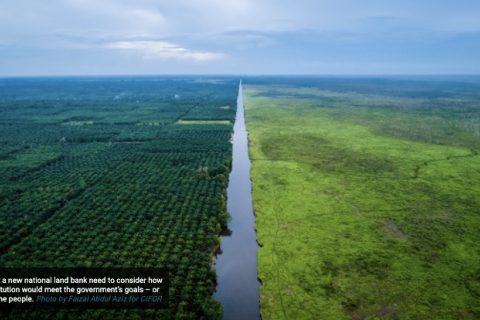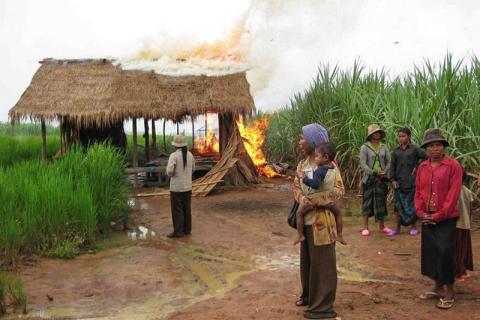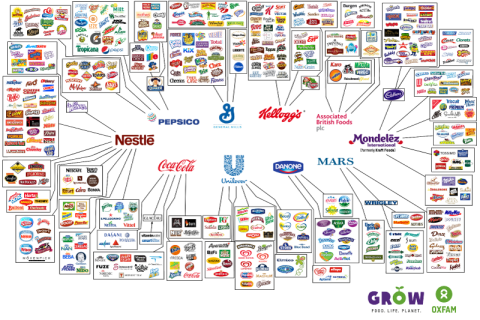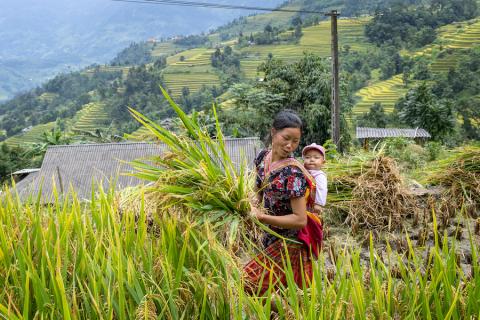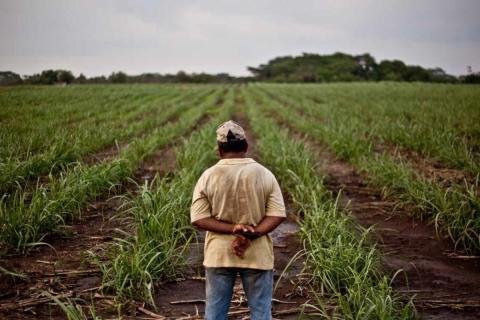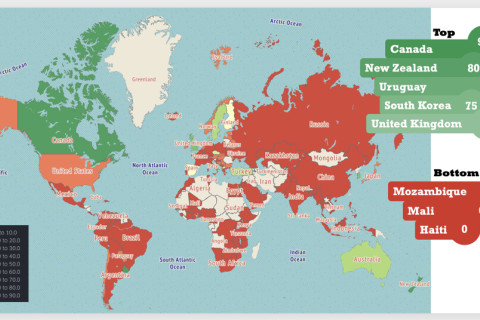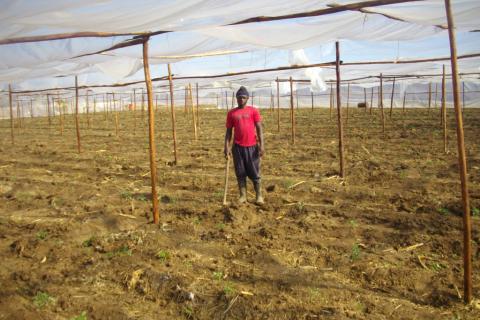Deforestation in Cambodia: A story of land concessions, migration and resource exploitation
Since the turn of the century, 27,000 km2 of land in Cambodia has been deforested. This is 14.8% of total land area in the country. It also represents 26.4% of forest cover as existed in 2000.
An acceleration in deforestaton is seen from the early 2000s to 2010. For the land‐grab aficionado, the trend runs parallel to the ‘global land rush’ and mirrors the evolution of agricultural commodites prices.


